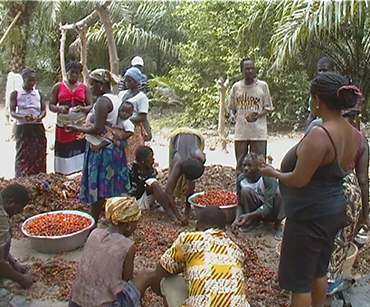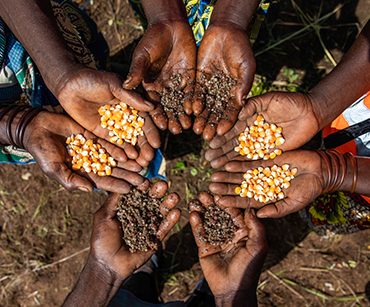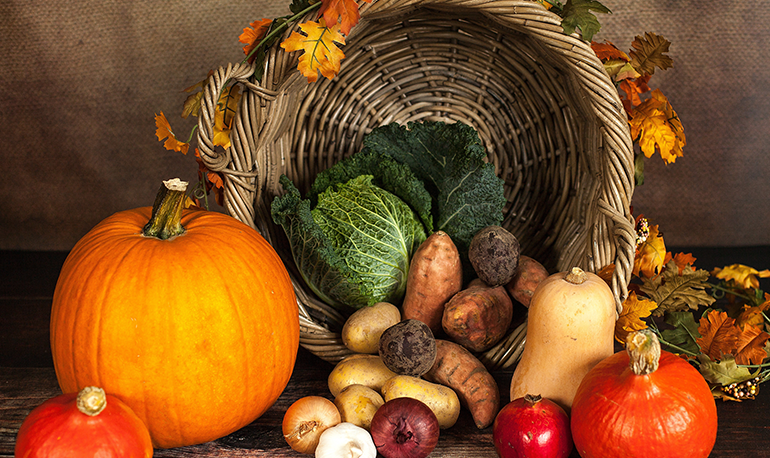




Food security is a universal goal to ensure that “all people, at all times, have physical, social and economic access to sufficient, safe and nutritious food that meets their dietary needs and food preferences to live an active and healthy life” (FAO,2001).
Nearly 27.4% of Africa’s population is currently food insecure. The continent is vulnerable to hunger because 65% of its labour force is involved in agriculture which is predominantly rain-fed.
The predominance of rain-fed agriculture results in food systems that are highly sensitive to rainfall variability. Local farmers with limited options to increase food production in times of weather and rainfall variability, rely on wetlands for their food security and income for sustaining their livelihoods.
As the world population is projected to increase to over 9 billion by 2050, an increase in food production by 60% is also required to feed the diverse population. To increase food production hinges on the availability of land and water resources, which are vulnerable to the impact of climate change.
HATOF works to bring out the interconnectedness and interdependency between wetlands, water security, and food security by providing information to the national governments and relevant stakeholders on the need to integrate and include inland aquatic ecosystem into the discussion on sustainable ocean and sea development.
HATOF also works to improve efficiency and productivity of the land through partnerships with research institutions, academia, and government to ensure food security and provide income generating options. Our work has included profiling climate Smart Agriculture technologies, integrated coastal zone management, restoration of forest cover, and participatory learning actions.
Nearly 27.4% of Africa's population is food insecure, with 65% of its labor force engaged in rain-fed agriculture, making food systems highly sensitive to rainfall variability; local farmers depend on wetlands for food security and income amidst weather fluctuations.